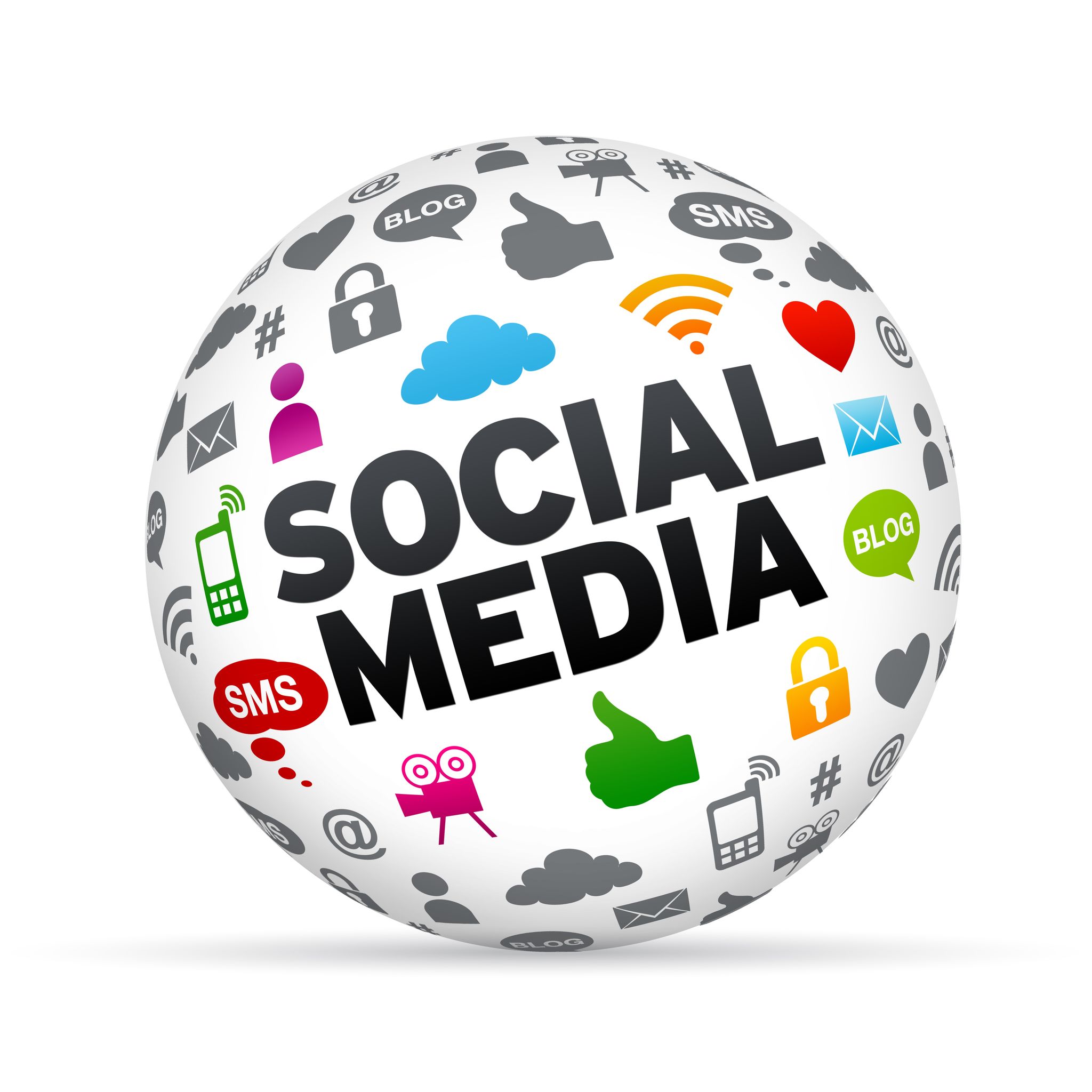Social media is a term used to describe websites and online platforms. Enable individuals and communities to create and share content, engage in social networking, and communicate with others. These platforms provide various features, like posting text, images, videos, and links, and the ability to share, like to share and like other content posted by users.
Here are some popular social media platforms as of my knowledge cutoff in September 2021:

1. Facebook:
Founded in 2004, Facebook is one of the largest social media platforms globally. It lets users create profiles, connect with their friends, share updates, photos, and videos, join groups, and follow pages of interest.
2. Twitter:
Launched in 2006, Twitter is a microblogging platform where users can post and interact with messages called “tweets.” Tweets can be limited to 280 characters and may include images, text, videos, and links. Twitter is known for its real-time updates and the use of hashtags to categorize content.
3. Instagram:
Initially launched in 2010, Instagram focuses on photo and video sharing. Users can upload pictures and videos, apply filters, add captions and hashtags, and engage with others through likes, comments, and direct messages. Instagram also offers Stories, disappearing content lasting 24 hours, and IGTV for longer videos.
4. LinkedIn Founded:
in 2002, LinkedIn is a professional networking platform. It lets users build a professional profile, connect with colleagues and industry professionals, share work-related updates, search for jobs, and join professional groups.
5. YouTube:
Created in 2005, YouTube is a video-sharing platform. Users can upload, watch, like, comment on, and share videos. It hosts a wide range of content, including music videos, vlogs, educational videos, and more.
6. Snapchat:
Introduced in 2011, Snapchat is known for its disappearing content and multimedia messaging features. Users can share photos and videos, add filters and augmented reality effects, and send messages that disappear after being viewed.
7. TikTok:
Launched in 2016, TikTok is a video-sharing short-form platform that lets users create and share their videos. 15 to 60-second videos set to music or audio clips. It gained popularity for its viral dance challenges, lip-syncing videos, and creative content.
The social media landscape is always changing, and new platforms may have emerged or gained popularity since my knowledge cutoff in September 2021.
Importance of Social Media:
Social media has become increasingly important in today’s digital age.

Here are some key reasons why social media holds significance:
1. Communication and Connectivity:
Social media platforms enable people to connect and communicate with each other on a global scale. They provide a space for individuals to share thoughts, ideas, and experiences with friends, family, and communities, regardless of geographical boundaries. Social media fosters virtual connections and facilitates real-time interactions, enhancing communication and bridging gaps between individuals and groups.
2. Information Sharing and Awareness:
Social media is a powerful tool for spreading information, news, and awareness. It allows individuals and organizations to share updates, announcements, and important messages rapidly and efficiently. The social media platform has played an important part IN disseminating news, raising awareness about social issues, and mobilizing support for various causes.
3. Networking and Professional Opportunities:
Social media platforms like LinkedIn offer professional networking, career development, and job searching opportunities. They allow individuals to showcase their skills, connect with industry professionals, and explore potential job opportunities. Social media also can serve as a platform entrepreneurs, freelancers, and businesses to promote their products or services and reach a wider audience.
4. Community Building and Engagement:
Social media platforms provide spaces for like-minded individuals to come together and form communities based on shared interests, hobbies, or causes. These communities foster engagement, discussion, and collaboration among members. Social media can also be a platform for marginalized groups and underrepresented voices to find support, raise awareness, and advocate for their rights.
5. Brand Building and Marketing:
For businesses and organizations, social media plays a significant role in brand building, marketing, and customer engagement. Platforms like Facebook, Instagram, and Twitter allow businesses to reach a large and diverse audience, promote their products or services, and interact directly with customers. Social media marketing strategies can enhance brand visibility, build customer loyalty, and drive sales.
6. Influence and Impact
Social media has given rise to social media influencers, individuals who have built significant followings and possess the power to influence their audience’s opinions, behaviors, and purchasing decisions. Social media platforms provide a platform for individuals to express their views, promote causes, and positively impact society.
However, it is important to note that while social media offers numerous benefits, it has challenges and drawbacks. Issues like online privacy, misinformation, cyberbullying, and the impact of excessive screen time require careful consideration and responsible usage of social media platforms.
